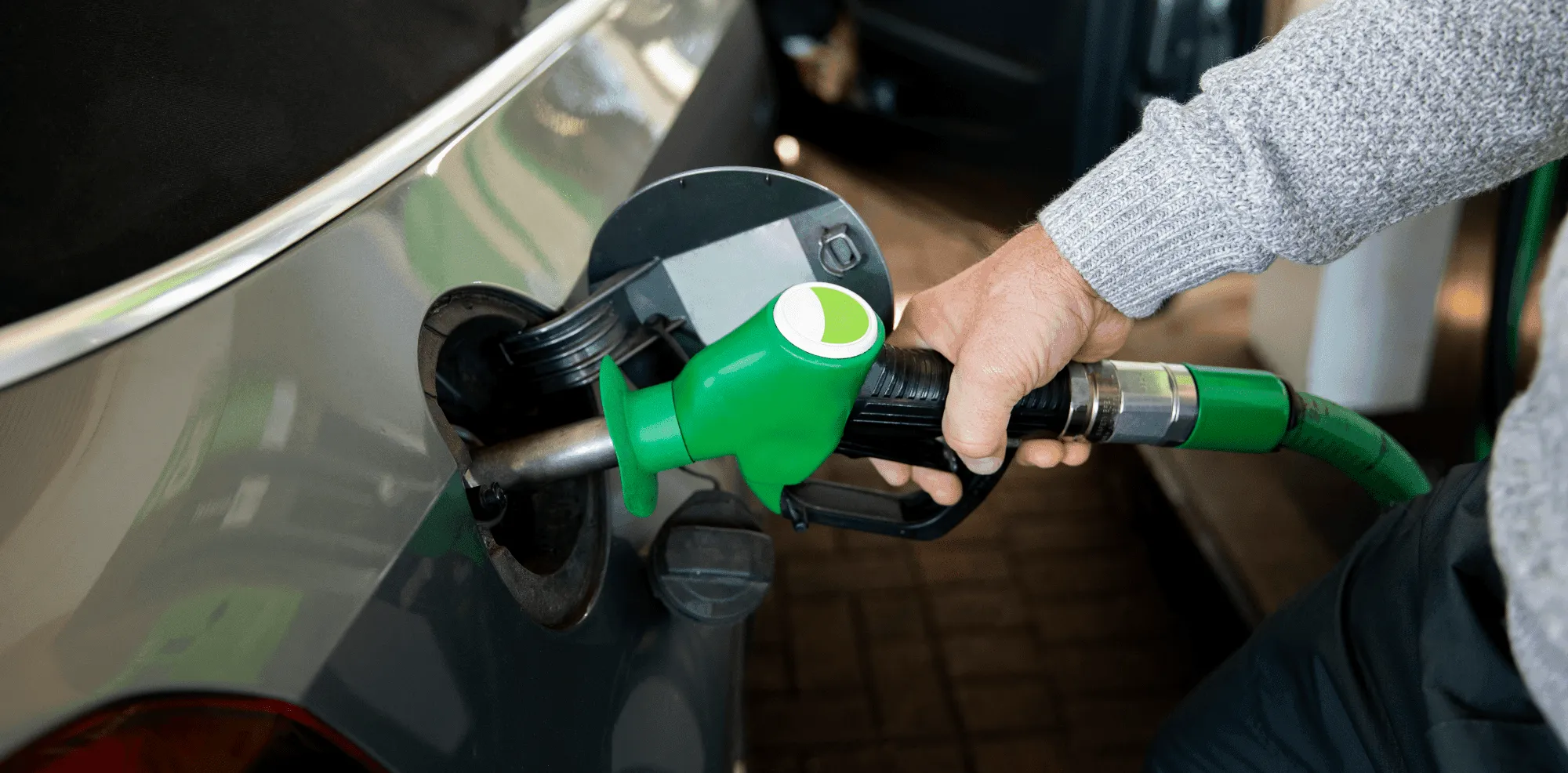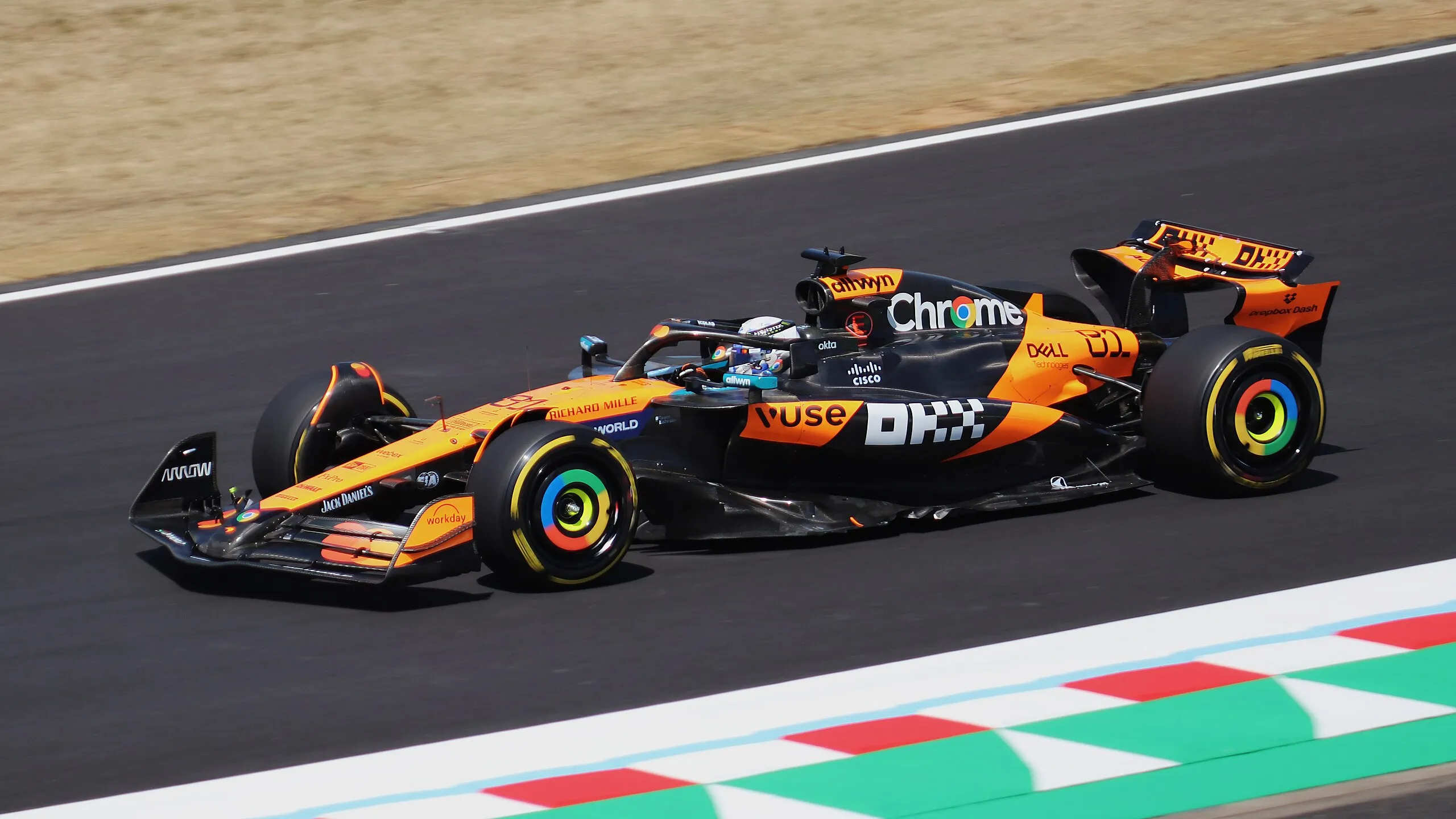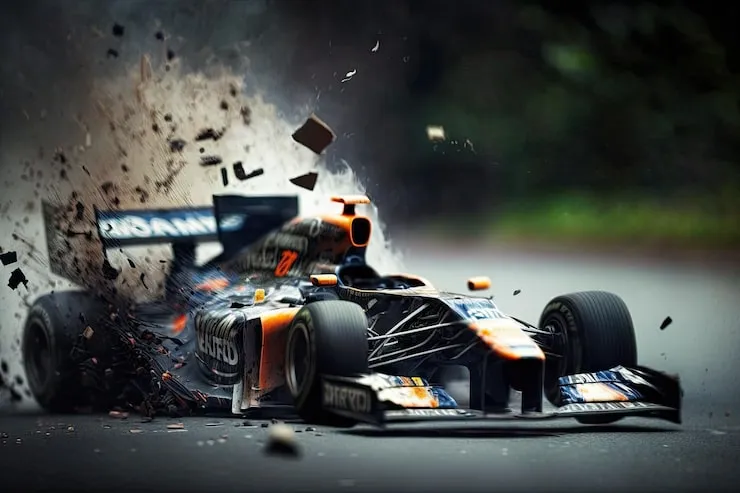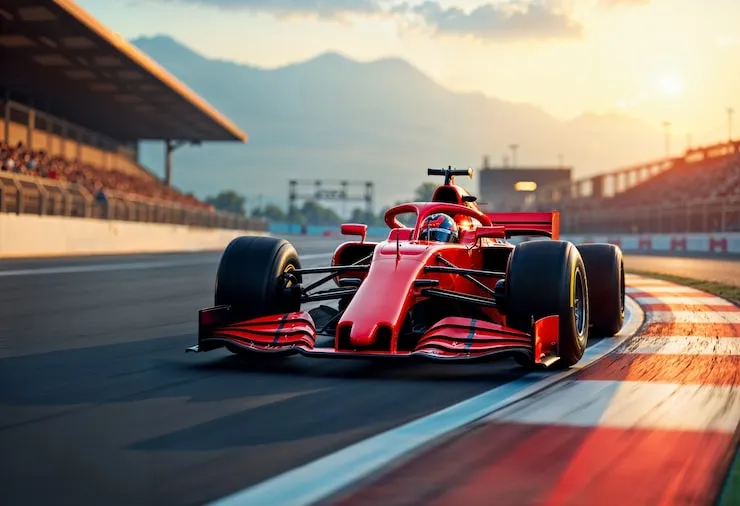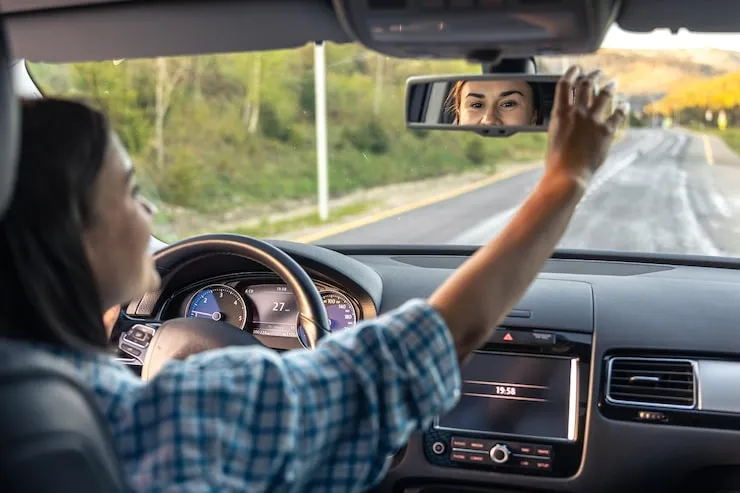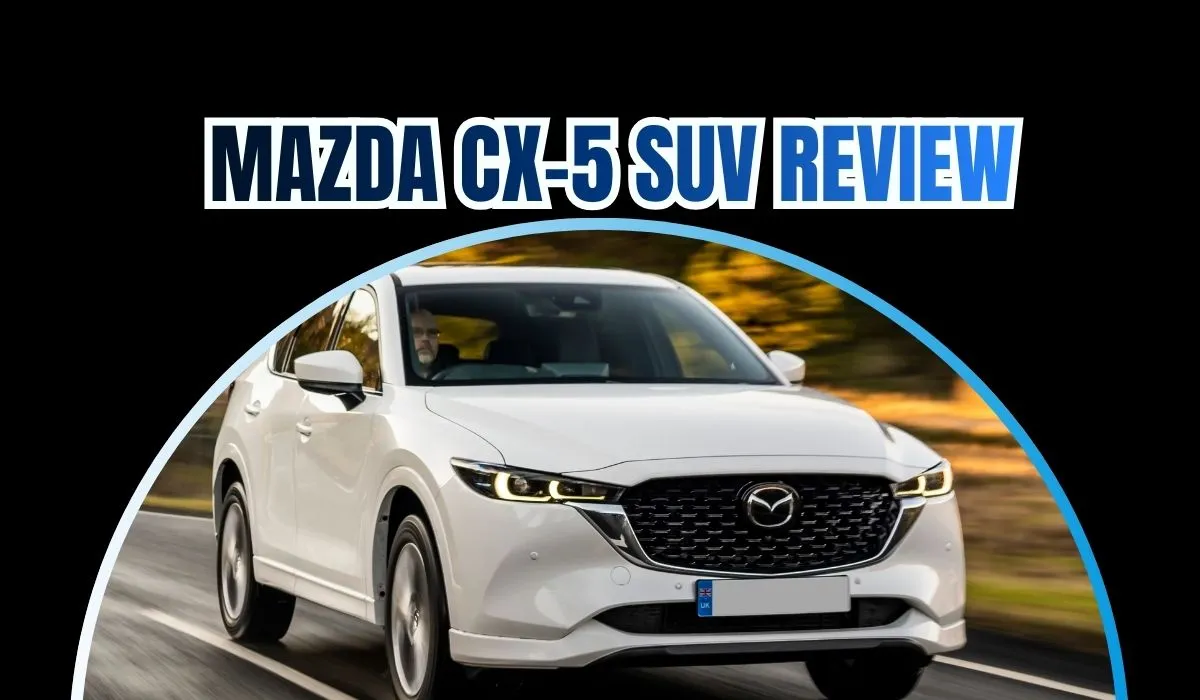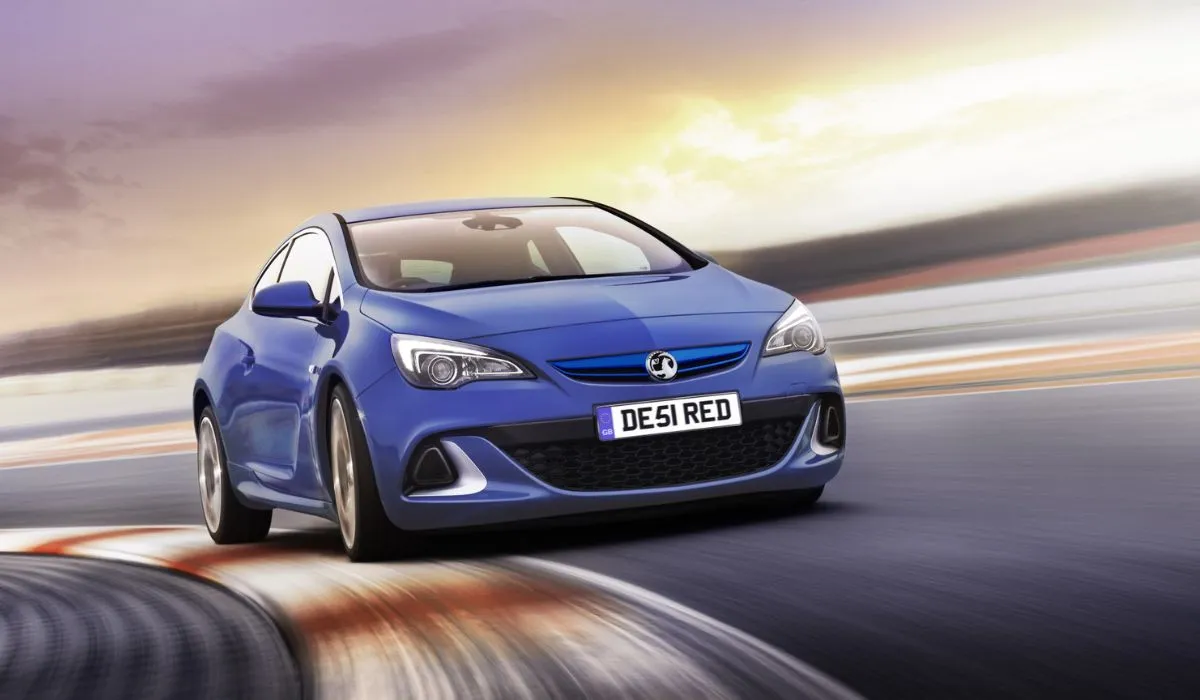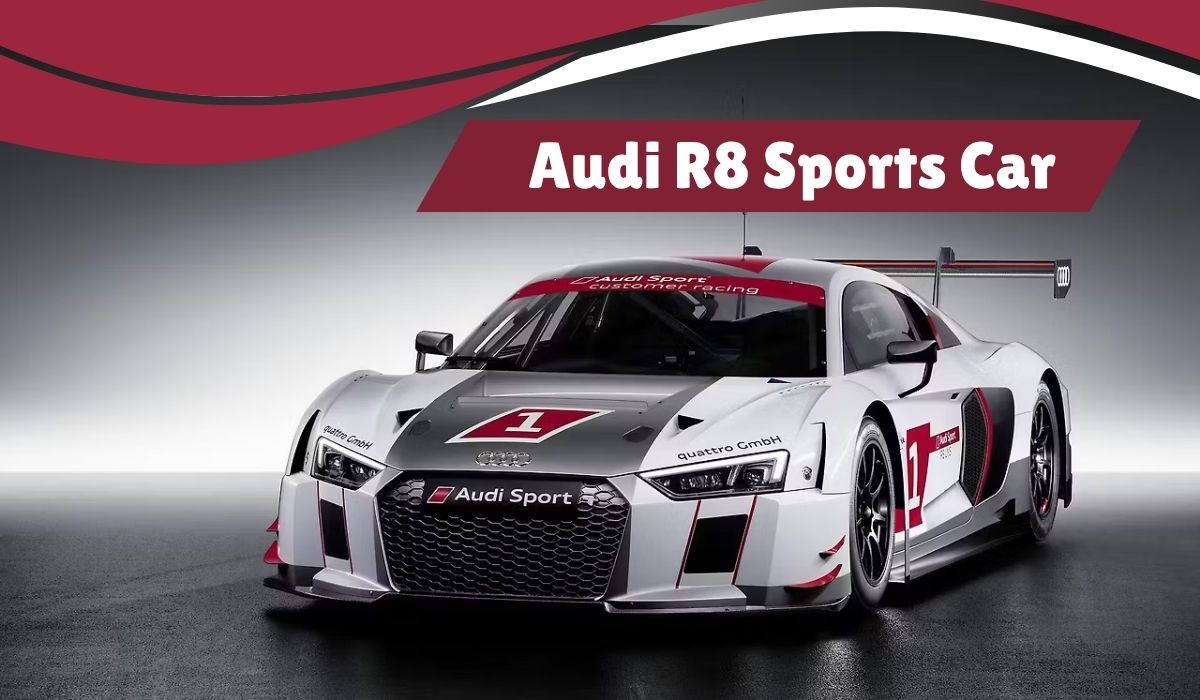There’s something mysterious approximately long street trips. The open street, the changing view, the playlist you went through hours idealizing. But let’s be honest—fuel costs can sneak up and crash the vibe fast.
I’ve went through endless hours behind the wheel, investigating interstates, mountains, and coastlines. Along the way, I learned a few mind blowing ways to spare fuel—and accept me, they truly work. In this post, I’ll share the best fuel-saving driving strategies for long trips that have made a difference me cut down on gas bills, decrease wear on my car, and appreciate the travel stress-free.
Why Fuel-Saving Things More Than Ever?
Fuel isn’t cheap. Whether it’s your end of the week getaway or a cross-country experience, sparing fuel implies sparing cash, making a difference the environment, and making your vehicle final longer. Savvy driving is all almost procedure and straightforward habits.
Now, let’s plunge into the best fuel-saving driving strategies for long trips—tried, tried, and trusted by yours truly.
Read also: How to improve gas mileage with smooth driving
Best Fuel-Saving Driving Methods for Long Trips
Maintain a Relentless Speed – Utilize Voyage Control
Keeping your speed unfaltering is key. I continuously utilize journey control on open thruways. It makes a difference dodge pointless increasing speed and braking—both of which squander fuel.
- Expert Cite: “A consistent throttle implies way better mileage. It’s like tasting fuel instep of swallowing it,” says Mike Allen, Car Build at Well known Mechanics.
Avoid Speeding – Moderate and Smooth Wins
Driving over 100 km/h can burn 10–15% more fuel. When I drive around 90–95 km/h, I take note my fuel needle moving slower. I don’t fair feel safer—I spare more.
Check Tire Weight Regularly
Before any long trip, I continuously check my tire weight. Under-inflated tires make drag, which powers your motor to work harder and squander gas.
Proper Expansion Spares Fuel
Make it a propensity. I keep a tire gage in my glove box. When your tires are swelled accurately, the car moves simpler and smoother.
- Mechanic Understanding: “Every drop in tire weight diminishes your mileage. Indeed 5 PSI beneath can fetched you 1–2 km/l,” says Jenny Stop, ASE-Certified Technician.
Pack Light Additional Weight Additional Fuel
One time, I pressed my whole carport into the trunk… and I paid for it at the pump. Carrying additional weight makes your motor burn more fuel.
Clean the Roof and Trunk
I evacuated my roof box when not required and cleared out the trunk. It boosted my fuel effectiveness nearly promptly. Less weight = more separate per litre.
Limit Sitting – Turn the Motor Off
We’ve all done it—leaving the motor running for music or AC. But sitting burns fuel without moving. When I hold up for somebody or halt at long lights, I turn off the motor if I know I’ll be there more than a minute.
Idle Less, Spare More
Modern motors restart effortlessly. No require to worry—just switch it off and taste your coffee whereas sparing petrol.
Plan Shrewd Courses – Dodge Traffic
Before I hit the street, I continuously check Google Maps or Waze. Maintaining a strategic distance from activity jams, roadwork, and city centers amid crest hours spares both fuel and time.
Use GPS and Real-Time Data
Take makeshift routes that are longer but smoother. Stop-and-go activity murders mileage.
Reduce A/C Utilization – Vent First
I utilized to impact the A/C from the minute I begun the car. Presently I open windows for the to begin with few minutes. Once the cabin cools, I switch to a direct A/C setting.
- Tip from Auto HVAC Pro: “High A/C on full impact can diminish fuel economy by up to 20%, particularly at moo speeds,” cautions Lena Carter, Climate Control Engineer.
Keep Your Car Clean and Maintained
A clean motor, new oil, and modern discuss channels can do ponders. After one tune-up, I saw my mileage increment by about 2 km/l. Support is the unsung saint of fuel savings.
Maintenance Checklist for Fuel Efficiency
- Change oil regularly
- Replace discuss filters
- Check start plugs
- Keep tires rotated
Combine Errands – Make Less Stops
I arrange my stops in clusters. It diminishes the number of cold begins (which squander fuel) and makes a difference keep up motor efficiency.
Group Assignments Together
When I combine all my pit stops into one course, I drive less and spare more.
Use the Right Fuel – Adhere to Producer Guidelines
Using premium fuel doesn’t cruel way better mileage unless your car is built for it. I adhere to what the manual recommends—and my wallet much appreciated me.
Read also: Safe Driving Habits To Reduce Accidents
My Individual Comes about After Utilizing These Techniques
After applying these methods, I followed my fuel utilization for 3 long trips:
| Trip | Distance | Fuel Used | Mileage | Saved |
|---|---|---|---|---|
| Delhi to Manali | 530 km | 32L | 16.6 km/l | 650 |
| Jaipur to Udaipur | 390 km | 22L | 17.7 km/l | 480 |
| Pune to Goa | 450 km | 26L | 17.3 km/l | 520 |
Final Thoughts
Driving more astute doesn’t cruel driving slower—it implies driving more brilliant. With these best fuel-saving driving methods for long trips, I’ve turned each travel into a fuel-efficient enterprise.
FAQs Almost Fuel-Saving on Long Trips
How much can I spare utilizing fuel-saving driving tips?
You can spare up to 20–30% on fuel over long trips by driving savvy and keeping up your vehicle.
Is it superior to drive quick or moderate for fuel economy?
Driving slower and unfaltering (around 90 km/h) spares the most fuel, particularly on highways.
Does utilizing voyage control help?
Yes, journey control keeps your speed consistent and diminishes superfluous acceleration—leading to superior mileage.
Should I turn off the A/C whereas driving?
Yes, particularly at moo speeds or in gentle climate. Utilize windows to begin with, at that point A/C as it were when needed.
.png)
